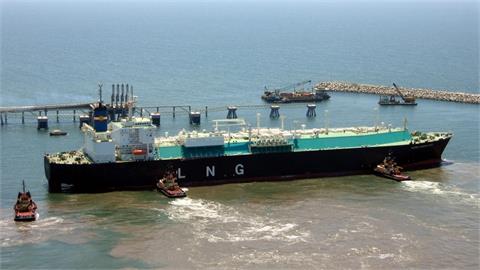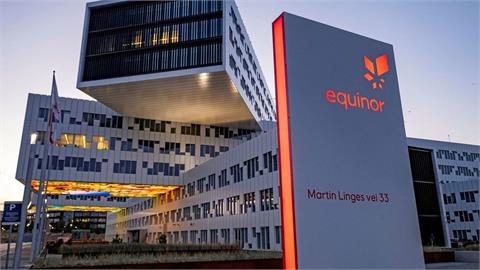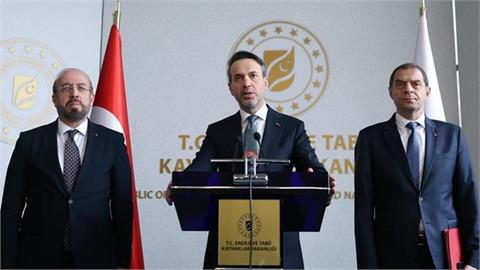Europe risks perilously overlooking threats from its southern flank as the Ukraine crisis dominates attention and reawakens old habits from the cold war, Italy's foreign minister warns.
"We are a bit too concerned by what happens on our northeastern borders because of the perfectly understandable and strong narrative of the 20th century," said Paolo Gentiloni in an hour-long interview with the Financial Times.
"But in fact if we think of migration, terrorism, religious conflicts, poverty - and the risks to our societies - I wouldn't say what happens on our southern borders is more important but it's surely not less," he adds. "The area from Mali to Pakistan is really challenging for Europe and it has to be at the same level of priority."
Mr Gentiloni, a descendant of Italian nobility whose political life began as a leftwing youth organiser, was appointed five months ago after Federica Mogherini left to become the EU's foreign policy chief. He took the helm of Rome's foreign affairs at a critical moment.
To the north, Italy is leading calls for a more measured, some say dovish , approach on Russia that is testing Europe's unity on economic sanctions.
To the south, Rome faces arguably its biggest security threat since the Balkan wars of the 1990s. Libya is torn apart by civil war, militants from the Islamic State of Iraq and the Levant have won a foothold on the north African coast, and record numbers of desperate migrants are attempting the 200mile crossing to Italy. This is not just raising fears over terrorism but testing Italy's social fabric.
Mr Gentiloni supports UN-led talks to form a national unity government in Libya but he admits "success is difficult" and time is running out. The internationally recognised government based in Tubruq is sharply at odds with Islamist groups that gained control of Tripoli last year.
Mr Gentiloni says it is "probably a matter of weeks" before the UN route runs out of steam but he does not want to set a deadline. "This could be an alibi for someone to break it," he says.
If there is a UN brokered deal, Italy is expected to play a leading role in a peacekeeping mission in Libya, though Mr Gentiloni's will not be drawn on its size. "You can't send 1,000 blue helmets and say you are keeping the peace," the foreign minister says. "But you also cannot occupy Libya with 100,000 foreign troops even if you have a UN flag."
Should the peace talks fail, Mr Gentiloni says Italy would move to a purely "counterterrorism and containment role", noting that the country's naval assets are being strengthened in the region. "We are really concentrated on the number one [scenario of a UN deal] and we know that the number two is not the same game unfortunately," he says.
While Libya is at the top of his agenda, Mr Gentiloni is reluctant to play down the urgency of the Ukraine crisis. He stresses that Rome is applying sanctions "very seriously". But he also hints at the potential for easing measures, at least partially, when they are reviewed in late June.
"Could Europe lift sanctions by the end of June as a whole? I don't think so," he says. "But if the question is: is some kind of lifting possible if the situation has significantly improved? It could be - even perhaps a symbolic decision. When you deal with persons on the [sanctions] list, you can add or erase persons and we've done it several times in the past."
Such comments could stoke the concerns of more hawkish EU colleagues who worry that Italy is a weak link in sustaining tough curbs on Russia.
Meanwhile, Rome is also monitoring another stringent sanctions regime that may soon be relaxed: Iran. Italy is Iran's biggest European trading partner and Italian ministers have never shied from visiting Tehran, even at dark moments in its relations with the west. Mr Gentiloni's visit to Tehran a few weeks ago [in March] came at a more optimistic time, with the outlines of a possible nuclear deal becoming clearer.
Mr Gentiloni said he was struck by the "real commitment" to a nuclear deal in Tehran and hoped that differences with the US - over sanctions relief, in particular - could be overcome. A breakthrough, he believes, would be a great chance to bolster reform in Iran and reinvigorate trade, especially for Italian companies.
"I'm sure if there is a lifting or partial lifting of sanctions in a country like Iran our business community will run at the highest possible speed," he notes with a smile. "But not only ours, also the Germans and the British."
(Financial Times)



